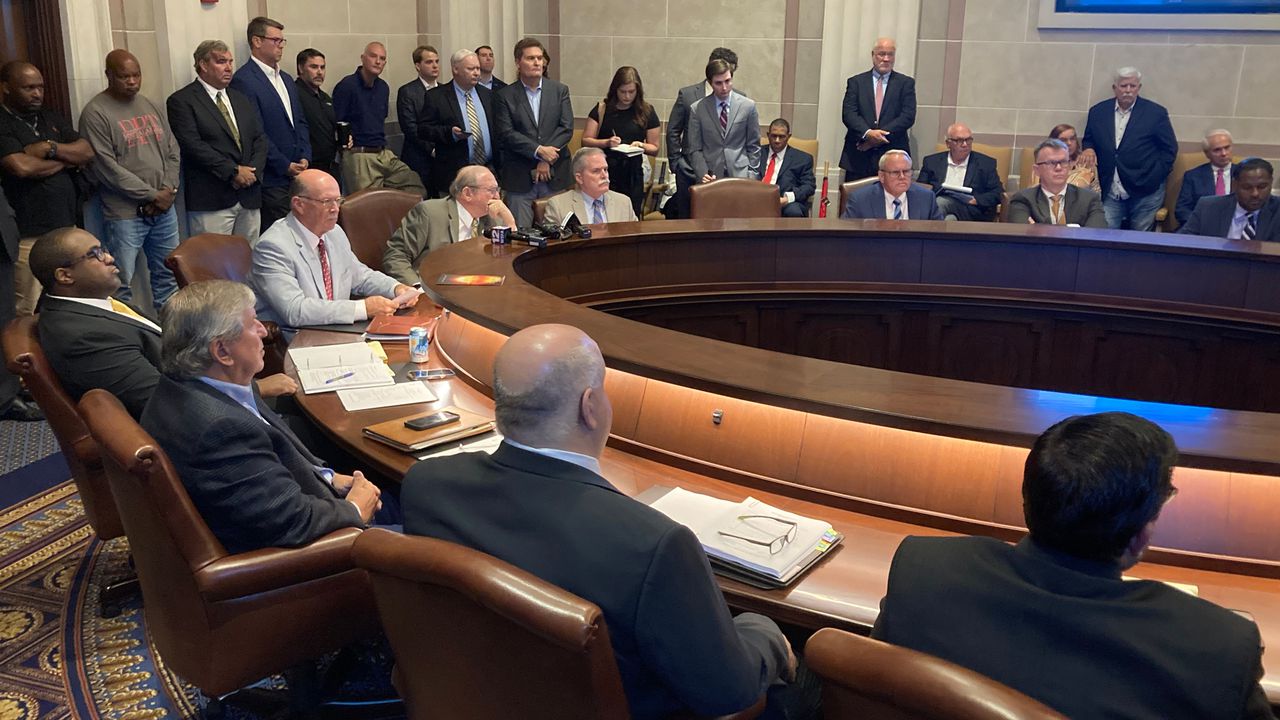Judge rules cannabis commission can rescind license awards
Montgomery County Circuit Judge James Anderson ruled Wednesday that the Alabama Medical Cannabis Commission has the authority to rescind its decisions to award licenses to businesses that want to participate in the state’s new industry.
Anderson granted the AMCC’s motion to dismiss a lawsuit filed by Verano Alabama LLC, which applied for an integrated license that would allow it to cultivate, process, transport, and dispense medical cannabis.
The AMCC awarded Verano Alabama a license during its first round of awards on June 12. Verano Alabama was one of five companies awarded integrated licenses and one of 21 companies overall that were awarded licenses.
On June 16, the AMCC put a hold on those decisions after announcing it had found potential inconsistencies in the tabulation of scores used to rank the applicants. The licenses were not issued.
On August 10, the AMCC voided the June 12 awards. The AMCC announced the scoring errors were corrected. It awarded licenses again, this time to 24 companies. But Verano Alabama was not picked during that second round of awards.
In its complaint, Verano Alabama claimed the AMCC had no legal authority to rescind the June 12 award. The company said it paid the $50,000 license fee, as requested.
Verano Alabama said the AMCC’s explanation it voided the June 12 awards because of the scoring errors was a fabrication. The company pointed out that it had the highest score among 38 integrated license applicants in June, that its score was higher after the corrections in August and was still the top score for its category.
Anderson agreed with the AMCC’s contention that its licensing authority inherently includes the power to void and correct license awards for which it did not have complete and correct information.
Lawyers for the AMCC and for Verano Alabama argued their positions in court on Tuesday and in written arguments to the court.
In his order, Anderson wrote that AMCC’s regulations distinguish between awarding a license and issuing a license. He wrote that a company becomes a licensee only when it receives a license. The AMCC has not issued any licenses.
Anderson agreed with the AMCC that the decision to rescind the license award was not a revocation, which would have carried a right for Verano Alabama to appeal.
Verano Alabama and other companies denied licenses will have a chance to request an investigative hearing by the AMCC once the license awards are made again.
Other companies have sued the AMCC over other issues, including alleged violations of the open meetings act. Because of the litigation, the licenses awarded in August are also on hold. Anderson has consolidated some of the lawsuits.
The AMCC will meet on Thursday and, according to its draft agenda, will consider new rules for evaluating applications.
Some companies that were not awarded licenses in June and August have challenged the AMCC’s rules and use of the scores to rank applicants.
On the other hand, Southeast Cannabis Company, which was awarded an integrated license in June and in August, has asked the court to block the AMCC from adopting new rules that would affect the previous license awards. The company has asked the court to order the AMCC to its license.
Anderson has scheduled another hearing for next Wednesday.
